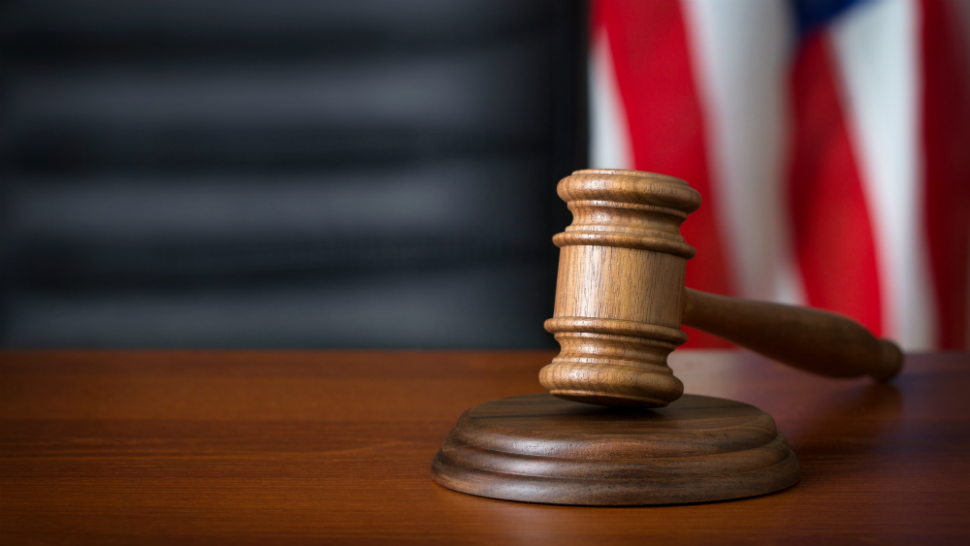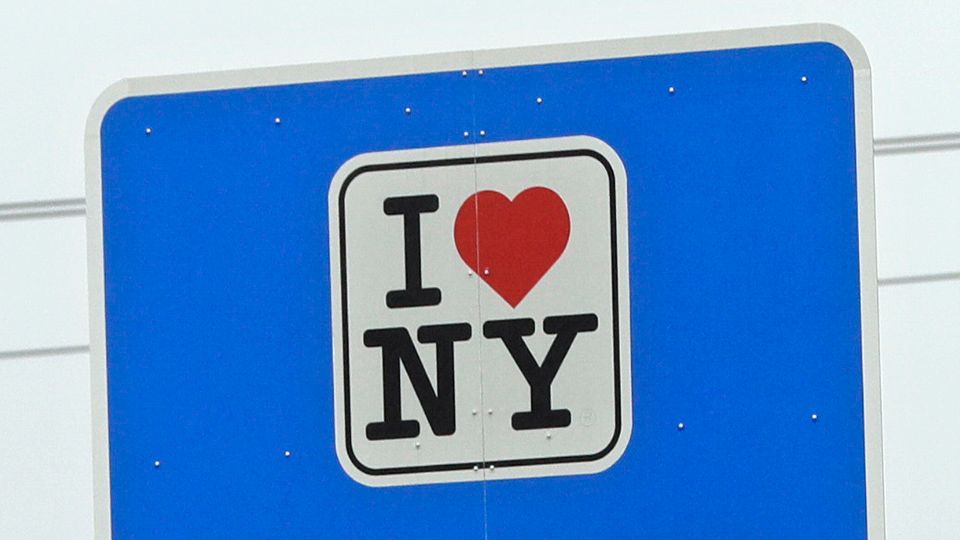The 2010s may be looked back on as a bridge decade. It began with a Democratic governor, inheriting a $10 billion budget gap, preaching fiscal restraint in the wake of a devastating economic recession, a surging tea party movement on the right and a historic vote for same-sex marriage.
It is ending with deep division in our politics nationally and in New York, an era defined by populism and calls for economic justice.
Our state has been at the vanguard of this decade of churn and constant change.
In assembling this list, I considered not the “biggest” or the most “important” stories of the last 10 years, but the most enduring and consequential, the ones that will have aftershocks for years to come.
10. The Decline of the Republican Party
This in many respects is a generational story for the Republican Party in New York. The Republicans began the 2000s with a Republican governor and a Republican state Senate. As Democratic enrollment rose steadily, Republicans have not gained similar ground.
The party is now completely shut out of statewide office, and regaining what was its final toehold in state government — the state Senate — appears to be a tall order in 2020. The party’s new chairman, Nick Langworthy, knows New York isn’t a swing state and that he has work to do in rebuilding enrollment and a fundraising base. But New York, for the foreseeable future, is concluding the decade as a one-party state.
9. Upstate Struggles
New York City’s economy and population has surged since the end of the previous decade’s recession. Indeed, with the traffic and construction, the city is practically choking on its own success. That’s not the case in rural areas of upstate New York, which has not enjoyed something even close to a similar recovery trajectory.
The region has been devastated by the opioid crisis. The 2010s was no different when it comes to reversing the population decline of the region and likely with it a decrease in political clout for New York in Congress following the next round of redistricting. Gov. Andrew Cuomo has poured attention and money into areas of the state outside of New York City, most notably western New York, long neglected by the state’s power brokers. But struggles of rural, post-industrial areas, and most notably farms, continued through the last 10 years.
8. Subway Woes
A city that’s choking on its own success can’t get the trains to run on time.
The source of the problems surrounding the subways in New York City are myriad: Too many people, storm-damaged tracks, the rise of ride hailing apps like Uber and Lyft creating an unyielding traffic problem, years of neglect on formulating a coherent mass transit policy, etc. New York is going to have too figure its transit problem out if it wants to continue its economic success into the next decade.
7. Schneiderman’s Fall
It was swift. Attorney General Eric Schneiderman was viewed as potentially a governor-in-waiting, a leading anti-Trump voice in the Democratic Party mounting the left’s defense of Obama-era regulations. And then he was out of office. Schneiderman was revealed to be a serial domestic abuser of women in a New Yorker article so thoroughly and devastatingly reported that he resigned within hours of it publishing online.
6. The SAFE Act
The package of gun control laws did not lead to national action. It didn’t inspire a national rally to copy what New York did. Gun rights supporters argue its constitutionality. But what the SAFE Act really did was show an example of how Gov. Cuomo spends political capital to get something done.
It’s easy to forget that Cuomo early in his first term enjoyed support from a significant portion of Republican and upstate voters. That support melted away after the gun control law was approved, with Cuomo engineering its passage in the GOP-led state Senate and touting it as an example of what was needed amid the ongoing national tragedies of mass shootings.
5. Hurricanes Sandy, Irene and Lee
New York is no stranger to extreme weather, but the storms that slammed New York this decade ushered in a completely different form of response. State and city officials began to recognize the need of planing for the next superstorm, especially if the next once-a-century Hurricane will now become a once-a-decade occurrence due to climate change.
4. Women Take Charge
New York is yet to elect its first woman to serve as governor, but women are increasingly taking prominent roles as state elected leaders.
Andrea Stewart-Cousins is the first black woman to serve as Senate Majority Leader. Letitia James is the first black woman to serve as Attorney General. U.S. Sen. Kirsten Gillibrand and Lt. Gov. Kathy Hochul are key elected officials. And, increasingly, women are powerful and important voices in the state Legislature, crafting legislation on sexual harassment and reproductive policy as well as the overall state budget.

3. Corruption Implosion
Over the course of five months in 2015, New York’s top legislative leaders were arrested, accused in completely separate corruption schemes of bribery, fraud and self-dealing.
In 2016, the governor’s closest aide and confidant was arrested on bribery charges. Prominent upstate developers and the president of SUNY Polytechnic, considered the point person for a wide-ranging upstate economic development, were also arrested. That corruption in New York is prevalent isn’t new, but it appeared supercharged in the 2010s, with far-ranging consequences for state government.
2. Trump’s Election
I hesitated to put this on, since I wanted a Trump-free list for New York state politics.
President Donald Trump is, of course, an erstwhile New Yorker, but was never really a part of New York’s politics, even as he was courted to run for governor a handful of times by GOP officials looking for a giant slayer. But Trump’s victory belongs on this list since his presidency has been the stone that’s created multiple ripple effects in the state’s political world. It can be traced to the rise of the progressive resurgence in New York, the election of Rep. Alexandria Ocasio-Cortez and her primary victory over Joe Crowley, the end of the Independent Democratic Conference and the new Democratic majority in the state Senate, and so on.
New York’s politics would not have changed so drastically had Hillary Clinton been elected.
1. Same-Sex Marriage
This is a no-brainer.
New York’s same-sex marriage law was a watershed moment for the country. It was the first example of Cuomo’s legislative prowess and arm twisting to achieve a desired outcome that was very much in doubt. Looking back on it now, it seemed inevitable. But the passage of the marriage equality law by a Republican-controlled state Senate seemed like a real long shot at the beginning of 2011.
A vote on same-sex marriage failed only a year earlier in a Democratic-led state Senate. But Cuomo marshaled resources — wealthy allies of the gay marriage movement backed the measure and communicated it as such to Republicans. The movement identified potential GOP "yes" votes and lobbied them hard.
The Republicans — Sens. Stephen Saland, Mark Grisanti, Roy McDonald and James Alesi — were all persuaded to take what turned out to be career-ending votes. But the vote led President Obama to reconsider his own views on the issue. And it culminated with the Supreme Court’s historic decision five years later. Cuomo often talks about government that makes a difference in peoples’ lives. The vote in June 2011 is exhibit A of doing just that.
Remains to be seen: There are some stories from the last 10 years that could very well resonate into the 2020s, but there full impact isn’t clear just yet.

The Amazon Fall Out
Clearly the bad feelings surrounding Amazon not building its headquarters in Queens remains a sore point for supporters and the progressives who opposed it. And it will continue to inform the cold war-style feud between the governor and the Democrats in the state Senate.

The Climate Change Law
Will New York meet the aggressive renewable energy targets set to be phased in over the coming decades? That truly remains to be seen. Climate change could be a defining issue for our politics in the next decade, one that younger voters are increasingly attuned to and consider about. How consequential will the law approved six months ago be for New York’s energy future? Come back in December 2029 to find out.



